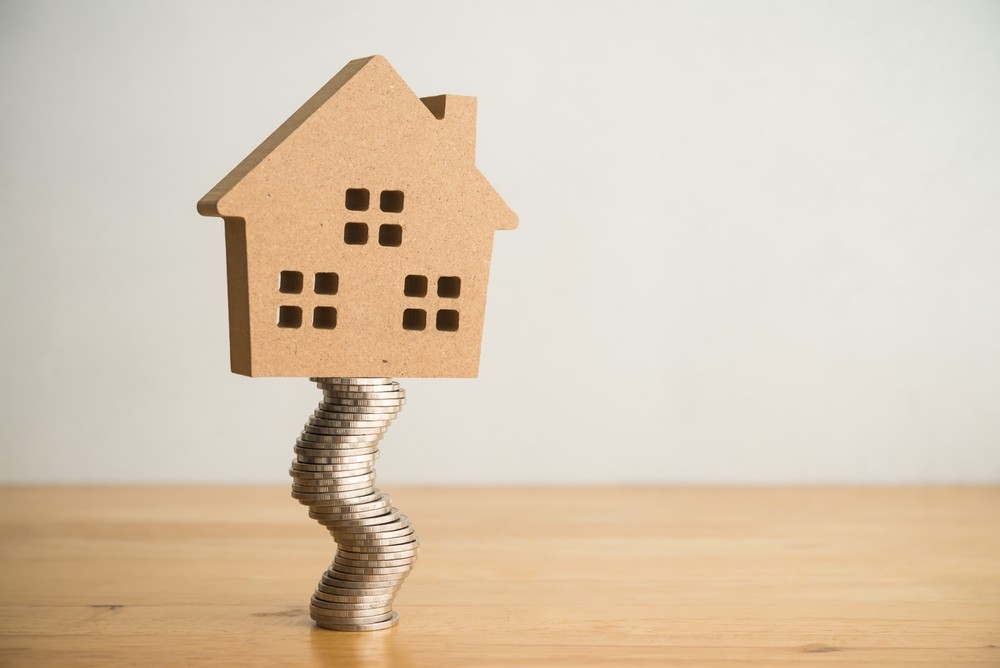Paying off a mortgage early is a significant financial decision that can have both short-term and long-term implications on one’s financial health. For many homeowners, the thought of being mortgage-free is enticing, offering the prospect of increased financial freedom. However, like any financial strategy, it comes with its own set of benefits and drawbacks that should be carefully considered.
Financial Benefits of Paying Off a Mortgage Early
Reduced Interest Payments
One of the most compelling reasons to pay off a mortgage early is the potential savings in interest payments. Mortgages are typically structured so that the majority of payments made in the early years go towards interest rather than the principal. By paying off the mortgage early, homeowners can significantly reduce the total amount of interest paid over the life of the loan.
- Interest Savings Example: For example, on a 30-year mortgage at a fixed interest rate of 4.5%, a $200,000 mortgage will accrue approximately $164,813 in interest over its lifetime. By paying off the mortgage in 15 years instead of 30, the interest accrued might be reduced to approximately $82,407, saving the homeowner more than $82,000 in interest payments.
Peace of Mind and Financial Security
Owning a home outright gives many people a sense of security and peace of mind. Without the monthly obligation of a mortgage payment, homeowners can use their income for other purposes such as saving for retirement, investing, or increasing their discretionary spending. Being mortgage-free can be particularly reassuring during economic downturns or personal financial hardships, as it reduces the financial burden.
Increased Cash Flow
Once the mortgage is paid off, homeowners will have more disposable income each month. This increased cash flow can be redirected towards other financial goals such as building an emergency fund, investing in the stock market, contributing to retirement accounts, or even funding vacations and large purchases.
Building Equity Faster
Paying off your mortgage early increases your home equity faster. This can be beneficial if you plan on selling your home or need to access cash through a home equity loan or line of credit. Homeowners with more equity have greater leverage and options when negotiating refinancing terms or selling their property.
Reduction in Required Retirement Income
Without a monthly mortgage payment, retirees need less income to sustain their current lifestyle. This reduction in required retirement income can mean needing a smaller retirement fund, allowing the money to last longer or be used for other purposes, such as healthcare or travel.
Drawbacks of Paying Off a Mortgage Early
Opportunity Cost
Paying off a mortgage early often requires diverting funds that could be invested elsewhere. For many, this is the primary drawback. If the rate of return on investments is higher than the interest rate on the mortgage, it might make more financial sense to invest rather than pay down the mortgage. For instance, if your mortgage interest rate is 3.5%, and you have the potential to earn an average return of 6-8% in the stock market, the opportunity cost of not investing those funds could be significant.
Liquidity Concerns
Mortgage payments are typically fixed and predictable, whereas other expenses or emergencies can be unexpected. By committing extra funds to pay off a mortgage, homeowners might compromise their liquidity. This could be problematic if faced with unexpected expenses such as medical bills, car repairs, or job loss. It is crucial to ensure that you maintain an adequate emergency fund before committing to extra mortgage payments.
Potential Tax Implications
In some cases, the interest paid on a mortgage is tax-deductible, which reduces the effective interest rate of the loan and the overall tax burden. By paying off the mortgage, homeowners may lose this tax deduction, potentially increasing their annual tax bill. It is advisable to calculate the true cost of mortgage interest after tax considerations before making any decisions.
Reduced Flexibility
While being debt-free has its advantages, mortgages are often low-cost, long-term loans. Having a mortgage can provide financial flexibility, allowing homeowners to allocate money towards other financial goals or investments. The long-term nature of mortgages means that payments are predictable and fixed, whereas investing carries higher risks and returns can fluctuate.
Impact on Homeowner’s Insurance and Property Taxes
Paying off a mortgage does not eliminate the need to pay for homeowners’ insurance and property taxes. In fact, some homeowners, after paying off their mortgage, mistakenly believe they have completely eradicated home expenses. The absence of an escrow account (often used by mortgage servicers to pay insurance and taxes) means that homeowners must manage these costs independently, which can be an adjustment.
Factors to Consider
Interest Rate of the Mortgage
The decision to pay off a mortgage early often hinges on the interest rate. If a homeowner has a low fixed interest rate, they might be better off investing any extra funds. Conversely, a higher interest rate may justify the decision to pay off the mortgage early to avoid high interest costs.
Personal Financial Situation
Individual circumstances, such as job security, income level, investment knowledge, and retirement plans, all play crucial roles in determining whether paying off a mortgage early is a smart choice. A detailed assessment of one’s financial health, savings, and goals is essential.
Market Conditions
Economic conditions can also influence this decision. During periods of high market volatility, some individuals may prefer the certainty of being mortgage-free. During a booming market, however, investing may be more appealing.
Long-Term Financial Goals
A clear understanding of long-term financial goals is essential. For some, the goal may be to minimize debt, while others might focus on maximizing investment growth. Aligning mortgage payoff strategies with these goals is crucial for financial success.
The decision to pay off a mortgage early is deeply personal and needs to be based on a comprehensive understanding of one’s financial landscape and aspirations. While the immediate satisfaction of owning a home free and clear is undeniable, one must weigh it against the potential financial benefits of keeping a mortgage. By carefully assessing the financial benefits and drawbacks, as well as considering personal financial circumstances and market conditions, homeowners can make an informed decision that best aligns with their unique financial goals and lifestyle preferences. Always consulting with a financial advisor can provide further personalized insights, ensuring that the decision correlates with one’s broader financial strategy.



